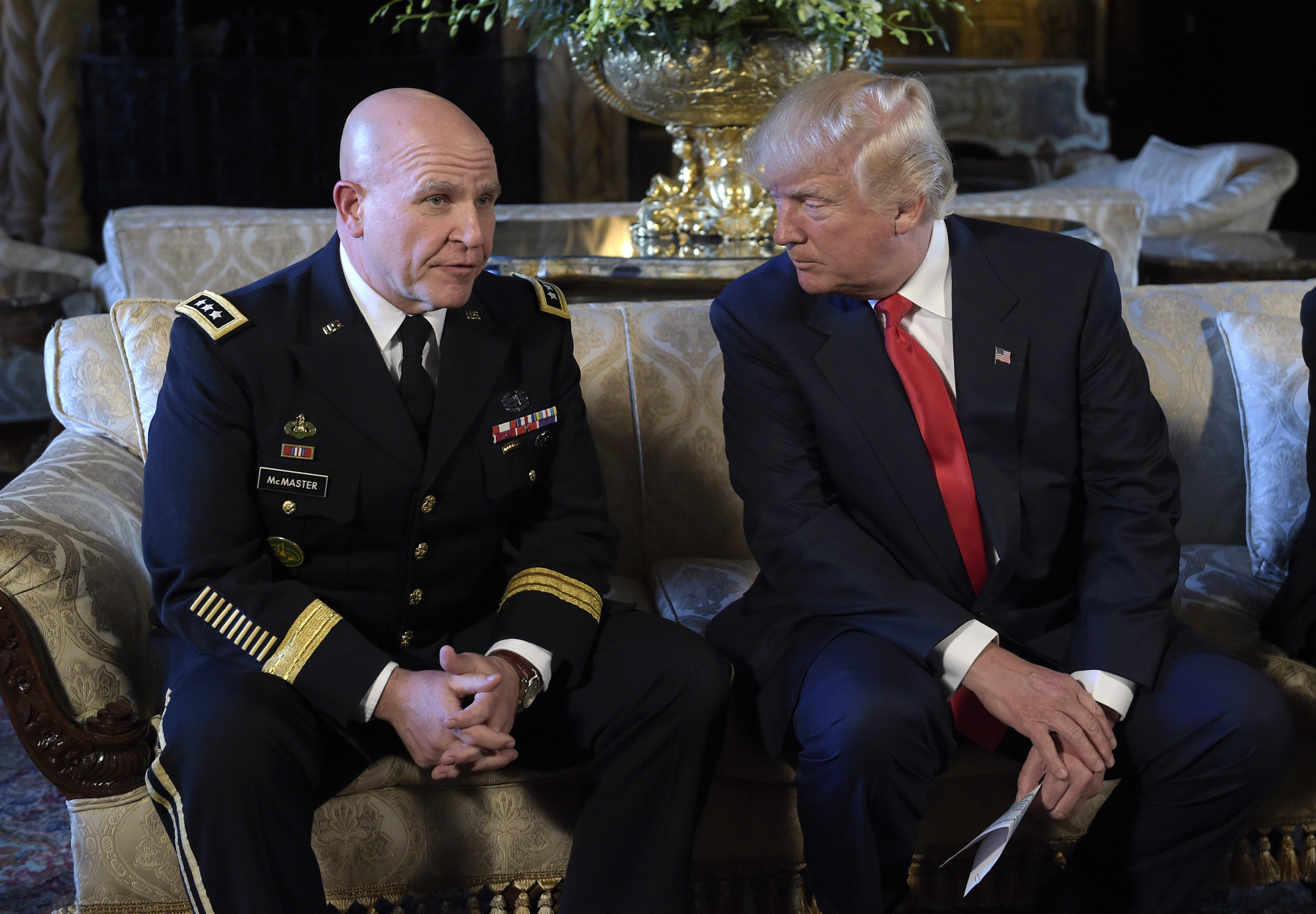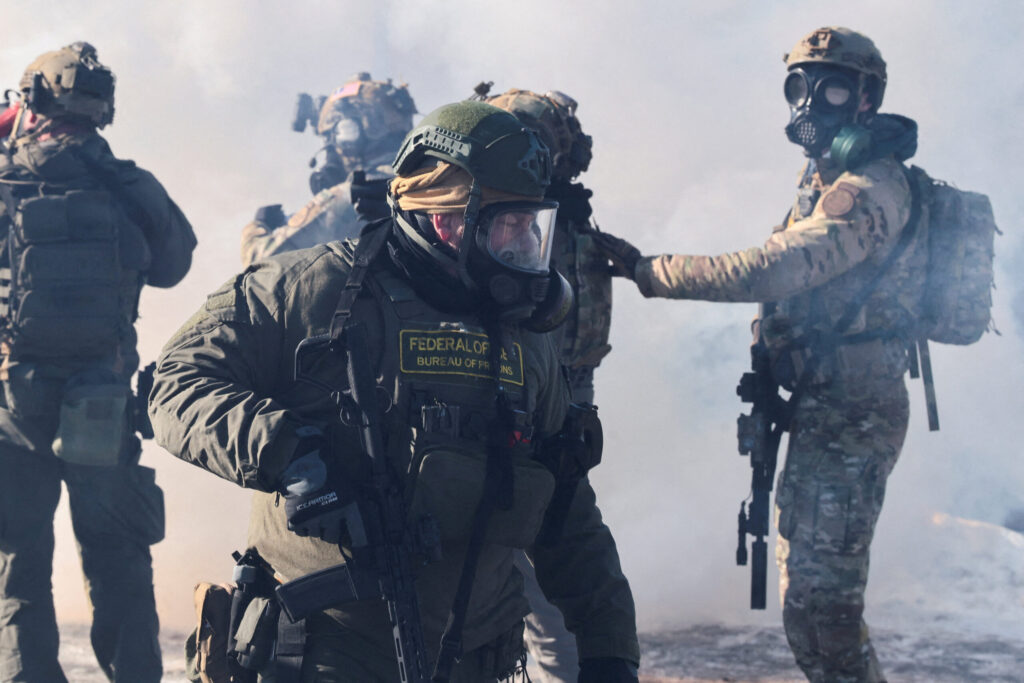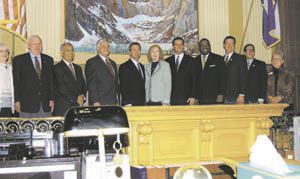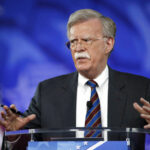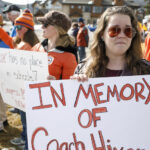McMaster firing sends shockwaves through Colorado Springs

The departure of H.R. McMaster as the Trump administration’s national security adviser sent shock waves Thursday through Colorado Springs, where the three-star general is remembered as the highly-intelligent and hard-nosed commander of Fort Carson’s 3rd Armored Cavalry Regiment.
McMaster led the 5,200-soldier regiment of Colorado Springs troops through one of the biggest fights of the Iraq war in the 2005 battle of Tal Afar. The two weeks of combat saw one of Iraq’s most dangerous places converted to one of its safest as the regiment pioneered what would become America’s future strategy against insurgents with “clear, hold, build.”
“He’s the smartest guy I ever met in uniform,” said retired Command Sgt. Maj. John Kurak, who was a senior enlisted leader under McMaster during the Tal Afar fight.
McMaster gained national renown 25 years ago as he led a cavalry troop in the Persian Gulf War. McMaster earned the Silver Star Medal as a captain in the 2nd Armored Cavalry Regiment. McMaster’s company-sized unit found itself amid a formation of Iraqi Republican Guard forces during the battle of 73 Easting.
But McMaster’s outnumbered soldiers outmatched their opponents – at the end of the battle, the Iraqis had lost 350 tanks and armored personnel carriers against two American vehicles damaged or destroyed. After the battle, McMaster appeared on a number of television programs and his role was memorialized in a Tom Clancy book.
At the time, McMaster was favorably compared to World War II legend Gen. George Patton. But it was more than a decade later in Colorado Springs where McMaster truly earned his status as a master of war.
He took over Fort Carson’s 3rd Armored Cavalry Regiment in 2004 and immediately began training its troops for a new kind of fight. Using tactics that would later be made famous during the 2007 surge in Baghdad, the Colorado Springs regiment learned how to clear Iraqi towns of insurgents, hold neighborhoods and build local governments and police forces.
“He can explain to young enlisted soldiers why its important for them to be that ambassador,” Kurak said. “Then he can become a statesman and have a conversation on a whole different level.”
McMaster in Colorado Springs could be fiery, especially when his motives were questioned. Kurak said that fire may have led to his downfall at the White House.
“I think it is more of a clash of culture between him and the administration,” Kurak said.
In addition to leaving the administration, McMaster is leaving the Army, retiring as a lieutenant general. Kurak said rumors circulated around the Army that leaders were hunting for a military job that could keep McMaster in uniform.
“I think we have lost out on an opportunity to have a great leader still in the Army,” he said.
